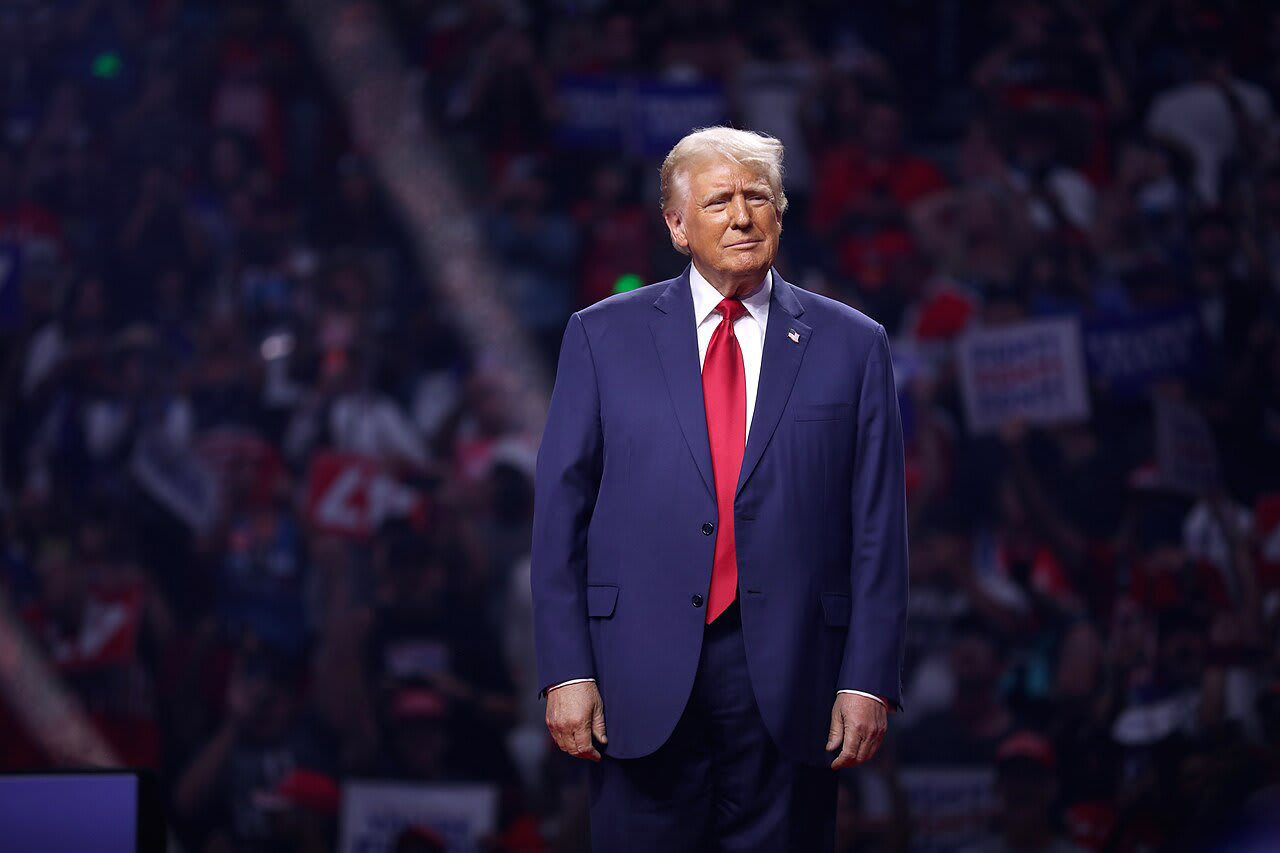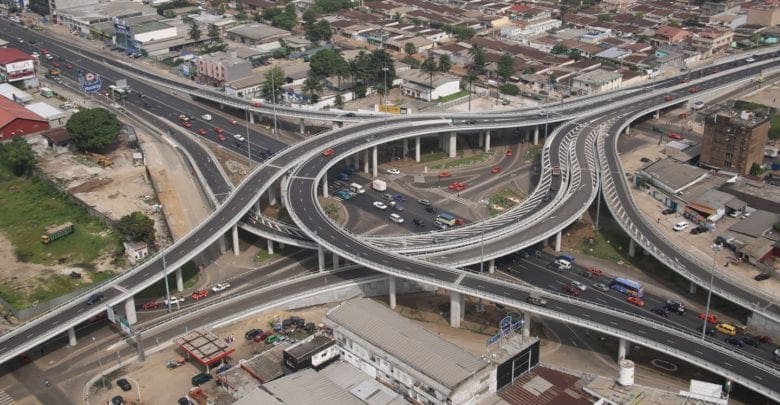Betting On Disaster: The Troubling Trend Of Wildfire Wagers

Table of Contents
H2: The Rise of Wildfire Prediction Markets and Betting Sites
The mechanics of wildfire wagering are surprisingly straightforward. Prediction markets and online betting sites offer various options for placing bets related to wildfires. These bets often center around quantifiable aspects of a fire or fire season, such as:
- Acreage burned: Bets are placed on whether the total acreage burned will exceed or fall below a predetermined threshold.
- Property damage: Wagers might focus on the total insured losses or the number of structures destroyed.
- Evacuations: Bets could be placed on the number of people forced to evacuate due to a specific wildfire.
- Specific locations affected: Some platforms may even allow bets on whether a particular town or region will be impacted by a wildfire.
While specific examples of platforms facilitating these wagers are difficult to cite publicly without inadvertently promoting potentially illegal activities, the accessibility of such markets is growing, fuelled by the increasing use of data-driven prediction models. The ease with which individuals can access these markets, combined with the readily available wildfire data, makes this a concerning development.
H2: Ethical Concerns and the Commodification of Disaster
The ethical implications of profiting from natural disasters are significant and multifaceted. Wildfire wagers raise serious questions about:
- Insensitivity to victims: The idea of profiting from the suffering and displacement of wildfire victims is deeply unsettling. Such bets trivialize the immense human cost of these devastating events.
- Exacerbating inequality: Those with the resources to engage in such wagering are largely unaffected by the immediate consequences of wildfires, unlike vulnerable populations who bear the brunt of the damage. This creates a stark imbalance and highlights a significant ethical failing.
- Market manipulation: The potential for misinformation and manipulation in these markets poses a severe risk. False information about the scale or trajectory of a wildfire could influence betting patterns, potentially causing significant financial losses for some and undue gains for others.
The normalization of disaster as a betting opportunity is a slippery slope, potentially desensitizing society to the gravity of climate change and its devastating consequences.
H2: The Role of Climate Change and Increased Wildfire Risk
Climate change is undeniably fueling the intensity and frequency of wildfires globally. Rising temperatures, prolonged droughts, and changes in vegetation patterns are all contributing factors. This increased wildfire risk, in turn, is directly correlated with the growth of wildfire wagering markets. The more frequent and severe wildfires become, the larger the potential for financial gains through these bets, creating a perverse incentive structure.
- Statistics: Data from organizations like the IPCC clearly illustrate the alarming increase in wildfire severity and frequency due to climate change.
- Climate Models: Advanced climate models are becoming increasingly sophisticated in predicting wildfire risk, which are used to inform betting strategies, exacerbating the problem.
- Inaction on Climate Change: The existence of wildfire wagering markets might inadvertently incentivize inaction on climate change, as some might see profit potential in an increasingly unstable climate.
H2: Legal and Regulatory Challenges
The legal landscape surrounding wildfire wagers is largely uncharted territory. Currently, the legality of these bets varies widely depending on jurisdiction. Many areas lack specific legislation addressing this emerging issue, creating regulatory gaps that need immediate attention.
- Jurisdictional Variations: Some jurisdictions may classify wildfire wagers as gambling, while others may fall under different legal frameworks, such as those regulating prediction markets or financial derivatives.
- Fraud and Manipulation: The potential for fraud and market manipulation necessitates robust regulatory oversight to ensure fairness and prevent exploitation.
- Regulatory Bodies: Regulatory bodies need to proactively address the challenges posed by wildfire wagers to prevent their unregulated expansion.
Conclusion:
Wildfire wagers represent a deeply troubling trend, raising serious ethical, social, and legal concerns. The commodification of natural disasters through betting markets not only trivializes the suffering of victims but also risks exacerbating existing inequalities and potentially hindering efforts to mitigate the effects of climate change. The potential for market manipulation and the lack of clear legal frameworks underscore the urgent need for responsible regulation. We must critically consider the implications of this emerging trend and advocate for policies that prevent the exploitation and commodification of natural disasters. Learn more about wildfire prevention and climate change mitigation efforts, and let's work together to ensure that disaster remains something we prevent, not something we profit from. Let’s stop the normalization of wildfire wagers and promote responsible engagement with this crucial issue.

Featured Posts
-
 Goretzkas Nations League Call Up Nagelsmanns Team Announcement
May 20, 2025
Goretzkas Nations League Call Up Nagelsmanns Team Announcement
May 20, 2025 -
 New Family Movie Featuring Mia Wasikowska And Taika Waititi
May 20, 2025
New Family Movie Featuring Mia Wasikowska And Taika Waititi
May 20, 2025 -
 The Stark Math On The Gop Tax Plan Deficit Impact Analysis
May 20, 2025
The Stark Math On The Gop Tax Plan Deficit Impact Analysis
May 20, 2025 -
 4eme Pont D Abidjan Delais Cout Et Depenses Un Decryptage Complet
May 20, 2025
4eme Pont D Abidjan Delais Cout Et Depenses Un Decryptage Complet
May 20, 2025 -
 I Tzenifer Lorens Egine Mitera Gia Deyteri Fora
May 20, 2025
I Tzenifer Lorens Egine Mitera Gia Deyteri Fora
May 20, 2025
